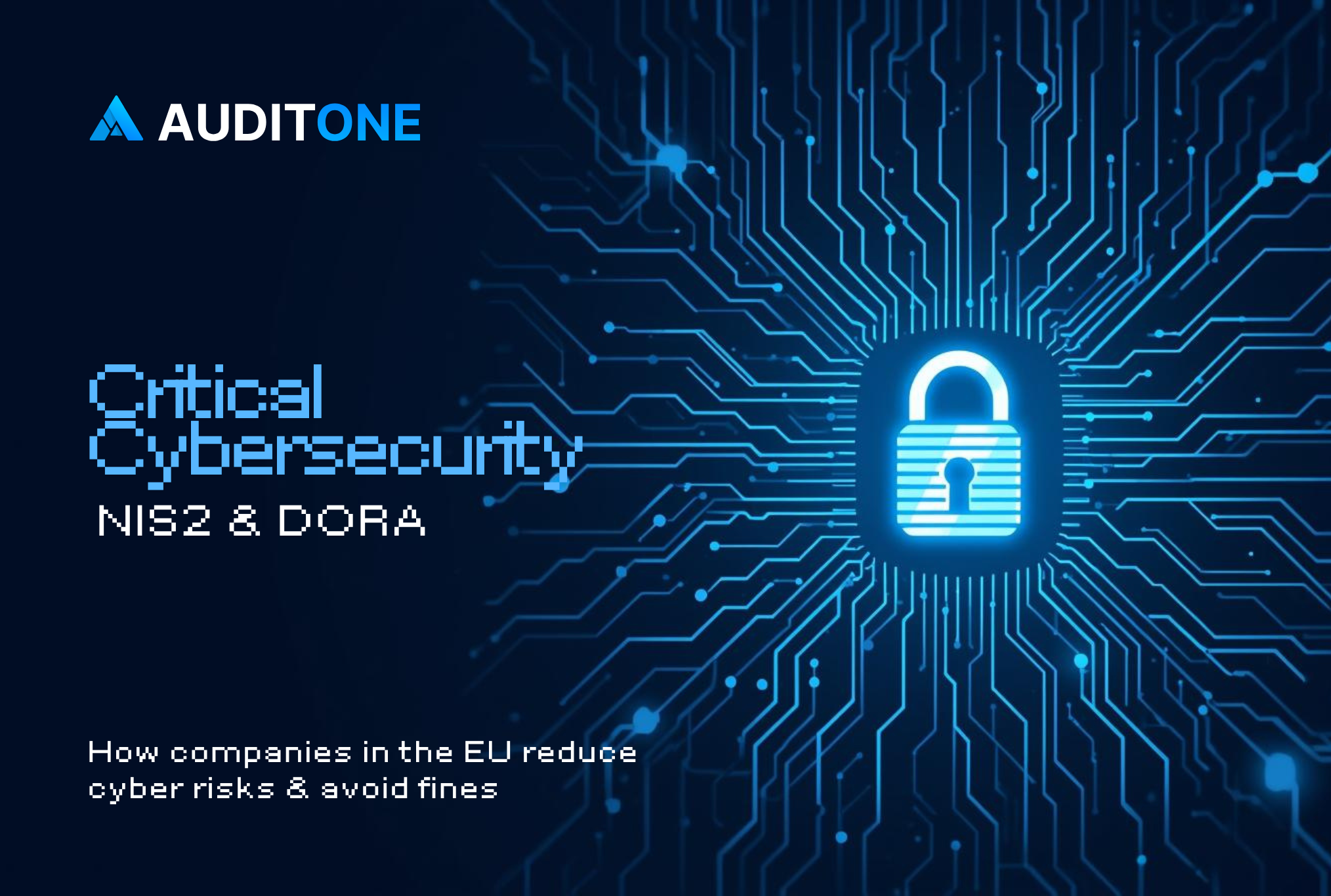The Decentralized Finance (DeFi) sector grew to $50 billion in 2023 and is expected to reach $231 billion by 2030. The total 24-hour trading volume across all DEXs, according to DefiLlama, reached $187.134 Billion. In 2022, the Ronin Network exchange was hacked for $615 million, one of the largest exchange hacks to date. Exchanges have millions of dollars on the line to secure, and an exchange audit can make the difference between losing or securing millions. Today, we will discuss how DEXs are vulnerable and how to secure them with an exchange audit.
What is DeFi?
DeFi is an economic system facilitated by the blockchain, and it benefits from its transparency and security, unlike traditional finance, which mostly functions in a black box. Various platforms and services make up DeFi as a whole; for instance, leading platforms such as Compound and Aave facilitate the lending and borrowing of funds directly without third-party intermediaries like Banks getting involved. DEXs like Uniswap and SushiSwap also play a big part in this as they allow cross-border trade of cryptocurrencies without the restrictive hands of centralized financial intermediaries. DeFi also includes Yield farming, where users can supply their assets to a protocol in exchange for rewards, similar to staking.
Security Risks to the DeFi Exchanges
Private Key Management
Securing private keys in DeFi is crucial to prevent losing access to funds. Hacks often target vulnerable keys, making self-custody a challenge that demands robust wallet security. Hot wallets are particularly vulnerable to social engineering attacks, so using cold wallets and multi-signature wallets is advisable. Regular security audits can also identify and fix vulnerabilities before they are exploited.
Smart Contract Vulnerabilities and their impact on Exchanges
Smart contracts are the backbone of DeFi; bugs within them can lead to significant financial issues. Understanding the potential vulnerabilities that can plague smart contracts and how they can negatively impact exchanges if left unattended is key.
- Reentrancy attacks: An exploiter contract takes advantage of a loophole in a victim contract, repeatedly withdrawing from it until the victim contract becomes bankrupt. This vulnerability occurs when the victim contract fails to verify the exploiter's new balance in a timely manner. In exchange, this can be abused to drain its liquidity, eroding users' confidence in said exchange.
- Overflow/Underflow Bugs arise when arithmetic operations exceed a maximum or minimum value that can be stored in a variable, resulting in inaccurate calculations. Overflow/Underflow can affect token balances and prices in exchanges, causing inconsistencies in transitions and leading to price fluctuations.
- Front-running is done by exploiting knowledge of pending transactions to profit at the expense of others. As a result, it can frustrate users as they feel exploited by a system they believe should work fairly. However, it rewards bad actions and facilitates exploitation based on the sum of fees being used per transaction.
- Oracle is important for smart contracts as it facilitates real-world data exchange with smart contracts. Mart contracts act on this information; Oracle manipulation can affect the data smart contracts receive, causing price manipulations on exchanges and eroding the fair users' place on these exchanges to have an updated and correct price.
- Flash Loan Attacks, which use flash loans to borrow huge sums of money without collateral, can lead to market manipulation. This can result in immense financial losses, destabilize the exchange's liquidity pools, and cause market manipulation, underlining the gravity of these vulnerabilities.
- Contract Upgrade Vulnerabilities result when improper contract updates expose new vulnerabilities or fail to defend against existing ones. This may expose the exchange to new assaults, resulting in financial losses or potential legal consequences.
Talking To A DeFi Project: Rethink.Finance. Exploring Next-Gen Asset Management
A DeFi exchange audit is a thorough security review of a decentralized exchange's smart contracts and security procedures. It identifies vulnerabilities that hackers could exploit, potentially leading to significant financial losses. Proper exchange audits could have prevented most high-profile exchange hacks in recent years if done right.
Ensuring the security of your exchange is vital to protecting user funds, maintaining trust, and avoiding costly breaches. Don't leave your platform exposed—use AuditOne to secure your exchange today.
Start by using our free Smart Contract Security Checklist to identify any potential vulnerabilities. Or, book a free 30 min. consultation with us to explore advanced protection options tailored to your project.
Explore DeFi Case Studies
MagicSea DeFi Auditing Case Study
More DeFi Case Studies:
Payy Smart Contracts Security Audit
MELD Smart Contracts Security Audit
Hedgey Smart Contracts Security Audit
Rethink Protocol Smart Contract Security Audit
Book your Free Security Consultation:
Google Calendar: https://calendar.app.google/Ai15eyQhiV5c1pBXA
Telegram: https://t.me/m_ndr
.svg)

.avif)
.svg)
.svg)


.jpg)





